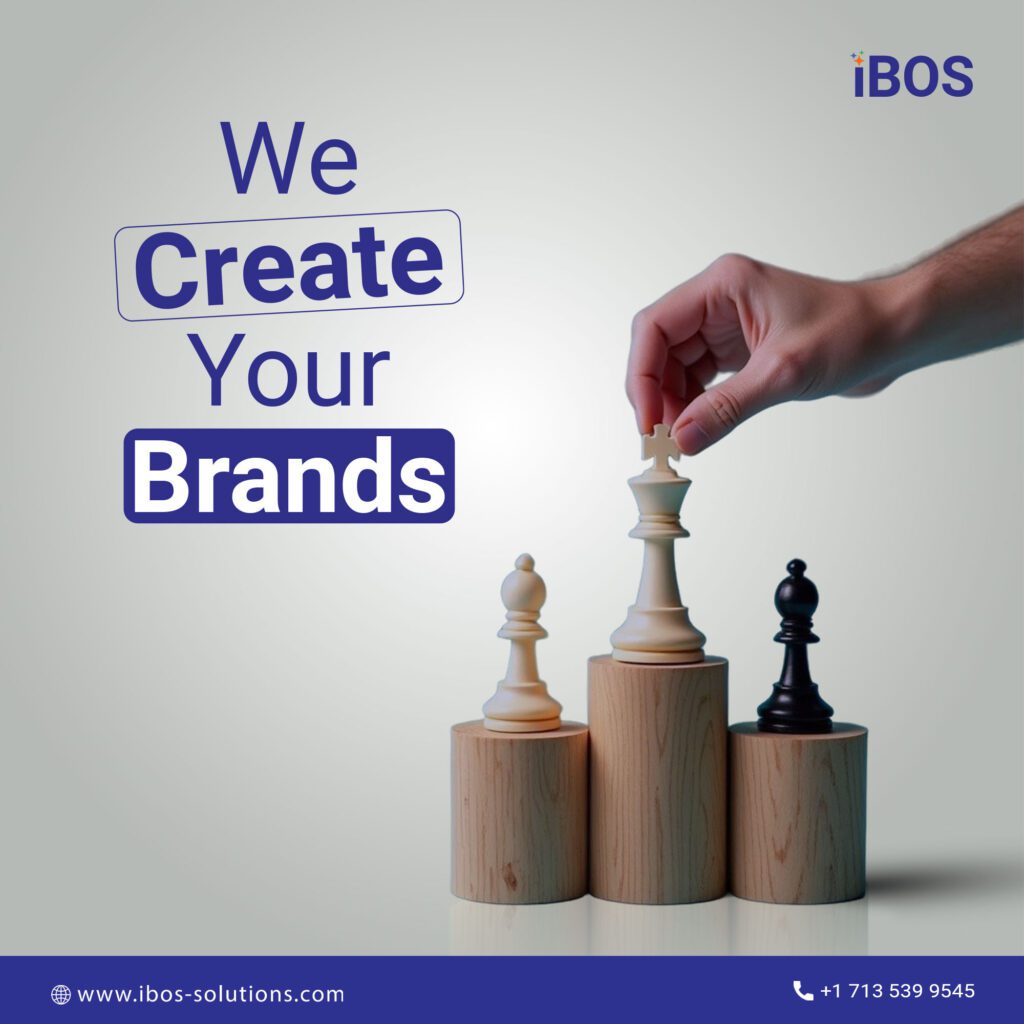Modern healthcare providers face growing expectations. Patients today are digital-first, comparison-driven, and used to on-demand services. They expect reminders, follow-ups, easy access to records, and a personalized experience across every interaction.
Unfortunately, many providers still rely on fragmented systems—EHRs that don’t talk to communication platforms or appointment software that doesn’t reflect real-time changes. The result is missed appointments, lost follow-ups, and impersonal service.
That’s where CRM software steps in.
By centralizing patient data, automating communication, and enabling personalized engagement, a healthcare CRM can reduce administrative friction and make the entire care journey smoother for both patients and staff.
What a Healthcare CRM Really Does
A well-built healthcare CRM isn’t just a contact database. It functions as a real-time engagement engine across the full patient lifecycle. Some of its key functions include:
- Centralized patient profiles: Track communication, appointments, referrals, and notes in one place
- Automated communication: Send appointment reminders, test results, feedback requests, and follow-ups
- Referral and case management: Coordinate across departments and specialties
- Segmentation and marketing: Group patients by conditions, demographics, or engagement levels for tailored outreach
- Compliance: Ensure all interactions meet HIPAA and HITECH privacy standards
These capabilities make CRM software not just an operational tool but a strategic asset.
Key Features to Look for in a Healthcare CRM
If you’re planning to build or integrate CRM software into your healthcare system, here are some essential features to prioritize:
1. HIPAA-Compliant Data Handling
Any system that stores or processes patient data in the U.S. must meet HIPAA standards. That includes encrypted data transmission, access controls, audit trails, and secure backups.
2. Seamless Integration with EHR Systems
Your CRM should talk to your Electronic Health Record (EHR) system so that communication and engagement activities are always aligned with real-time clinical data.
3. Smart Automation
Whether it’s appointment reminders, follow-ups after discharge, or pre-visit instructions, the CRM should handle repetitive communication flows—freeing up your staff for higher-value tasks.
4. Intuitive Interface for Staff
If your CRM is too complicated, it won’t get used. A clean, role-based dashboard designed for healthcare professionals is a must.
5. Analytics and Reporting
Your system should help you see what’s working—track engagement rates, missed appointments, patient satisfaction, and communication trends over time.
Off-the-Shelf vs. Custom CRM Development: Which Is Better?
While off-the-shelf CRM platforms (like Salesforce Health Cloud or Zoho) can be helpful for basic functions, many providers in the U.S. are choosing custom CRM software development for a more tailored fit.
With custom development, you get:
- A solution aligned with your workflows, not generic templates
- Integration with your specific EHR, billing, and scheduling tools
- Control over compliance, scalability, and future upgrades
- A better chance of long-term user adoption, since the system reflects how your team actually works
This is where partnering with a skilled technology provider becomes critical.
Choosing the Right CRM Development Partner
Building healthcare software is not the same as building for retail or finance. You need a partner who understands regulatory landscapes, data security, and the realities of care delivery.
That’s why many U.S. providers are working with experienced development teams like iBOS Global—a company known for creating enterprise-grade solutions across industries, including healthcare, retail, logistics, and finance.
With a strong focus on security, performance, and long-term usability, iBOS Global offers the technical expertise and industry awareness needed to build CRM systems that don’t just function but truly empower.
Whether you’re building from scratch or looking to improve your existing system, choosing a development partner that understands both technology and compliance is one of the smartest decisions a healthcare organization can make.

The Future of Healthcare CRM: Beyond Basic Communication
In the next few years, CRM systems will become even more intelligent. AI will play a growing role—predicting patient needs, suggesting follow-ups, and helping providers intervene before problems arise.
We’re also likely to see more integration with wearable devices, patient apps, and remote monitoring tools. This means CRM systems won’t just record interactions—they’ll help drive better health outcomes through timely, personalized interventions.
And as the U.S. moves toward value-based care, CRM systems will help providers meet those goals by ensuring no patient falls through the cracks.
Conclusion: CRM Software is No Longer Optional—It’s Strategic
Healthcare is personal. It’s high-stakes. And it’s built on trust. The best way to build that trust in a digital-first world is with smart systems that keep patients informed, engaged, and cared for at every step.
CRM software makes that possible.
For providers in the U.S., the time to invest in a modern, HIPAA-compliant CRM system is now. Whether you choose to customize or build from scratch, the right system will pay dividends in patient satisfaction, operational efficiency, and long-term growth.
And with the right partner—like iBOS Global—you don’t have to do it alone.
Ready to Transform How You Engage Patients?
Explore how a tailored CRM solution can change the way you manage relationships, streamline operations, and deliver exceptional care. Visit iBOS Global to start your healthcare CRM development journey today.




